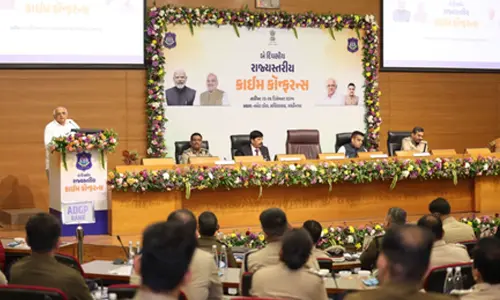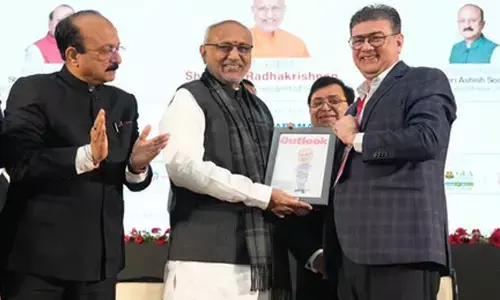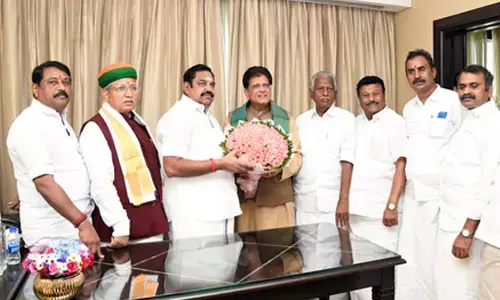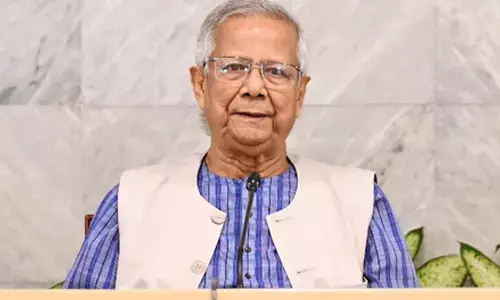Nature farming to be promoted in a big way
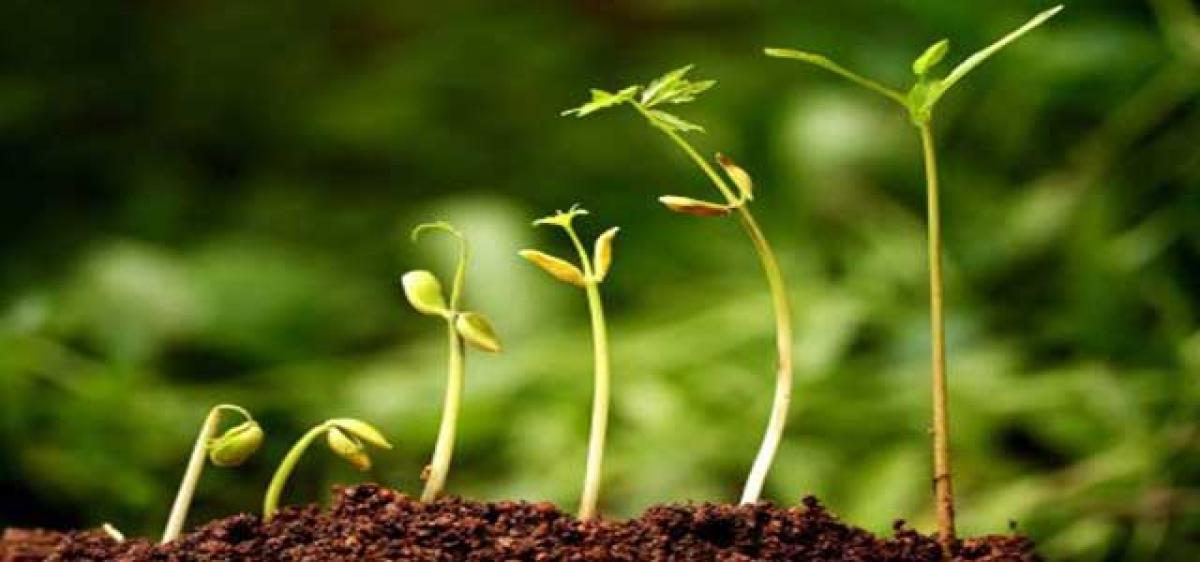
In a first–of-its-kind initiative the Andhra Pradesh government has decided to establish self-help groups (SHG) with 2-lakh male farmers as members to boost nature farming. This scheme has been taken up following financial assistance commitments given by Wipro’s Azim Premji Philantrophic Initiatives Foundation and the central government to promote nature farming in Andhra Pradesh.
In a first–of-its-kind initiative the Andhra Pradesh government has decided to establish self-help groups (SHG) with 2-lakh male farmers as members to boost nature farming. This scheme has been taken up following financial assistance commitments given by Wipro’s Azim Premji Philantrophic Initiatives Foundation and the central government to promote nature farming in Andhra Pradesh.
Azim Premji Foundation has entered into a MoU with the Agriculture department, and AP Farmers Empowerment Corporation to provide Rs.500 crore during the next five years. Likewise, the centre is also allocating Rs.100 crore over the same period under the Rastriya Krishi Vikas Yojana Scheme. This project will benefit 5-lakh families of small and marginal farmers.
According to Joint director of agriculture, VDV Krupa Das, under the project agriculture department will set up self-help groups with 10 to 30 male farmers within six to nine months. In the initial phase two lakh groups will be formed. The department will conduct various awareness and motivation programmes on zero budget based nature farming. Farmers will be imparted training in methods that would reduce cost of production in agriculture.
The state government has already introduced nature farming in ten clusters in each district during kharif-2016. The farmers adopted nature farming in 1300 clusters in the state and some more clusters will be added in 2017 kharif. Cows are also being distributed to the farmers on subsidy for nature farming. The Spices Board has launched a website with details of the farmers practicing nature farming to enable them get more export orders.
The demand for organic food is increasing both in India and abroad reflected from the fact that the consumers are ready to pay higher prices for organic food. Exporters are getting more orders for organic food specifically from European countries, UK and the US.
These countries are rejecting food items containing pesticide residues since there is apprehension among the consumers about the health hazards caused by excess use of fertilizers and pesticides. This also explains why consumers prefer organic food products despite their higher prices.











